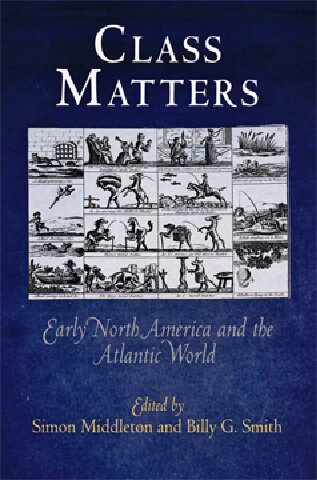

Most ebook files are in PDF format, so you can easily read them using various software such as Foxit Reader or directly on the Google Chrome browser.
Some ebook files are released by publishers in other formats such as .awz, .mobi, .epub, .fb2, etc. You may need to install specific software to read these formats on mobile/PC, such as Calibre.
Please read the tutorial at this link: https://ebookbell.com/faq
We offer FREE conversion to the popular formats you request; however, this may take some time. Therefore, right after payment, please email us, and we will try to provide the service as quickly as possible.
For some exceptional file formats or broken links (if any), please refrain from opening any disputes. Instead, email us first, and we will try to assist within a maximum of 6 hours.
EbookBell Team

0.0
0 reviewsAs a category of historical analysis, class is dead—or so it has been reported over the past two decades. The contributors to Class Matters contest this demise. Although differing in their approaches, they all agree that socioeconomic inequality remains indispensable to a true understanding of the transition from the early modern to modern era in North America and the rest of the Atlantic world. As a whole, they chart the emergence of class as a concept and its subsequent loss of analytic purchase in Anglo-American historiography.
The opening section considers the dynamics of class relations in the Atlantic world across the seventeenth and eighteenth centuries—from Iroquoian and Algonquian communities in North America to tobacco lords in Glasgow. Subsequent chapters examine the cultural development of a new and aspirational middle class and its relationship to changing economic conditions and the articulation of corporate and industrial ideologies in the era of the American Revolution and beyond.
A final section shifts the focus to the poor and vulnerable—tenant farmers, infant paupers, and the victims of capital punishment. In each case the authors describe how elite Americans exercised their political and social power to structure the lives and deaths of weaker members of their communities. An impassioned afterword urges class historians to take up the legacies of historical materialism. Engaging the difficulties and range of meanings of class, the essays in Class Matters seek to energize the study of social relations in the Atlantic world.